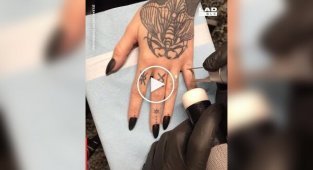Yakuza tattoos are a somewhat mysterious language even for the Japanese themselves. These elegant designs are filled with deep meaning and symbolism, and the tradition of their application dates back to antiquity. Here are some of the most popular elements found in such works and their meanings. 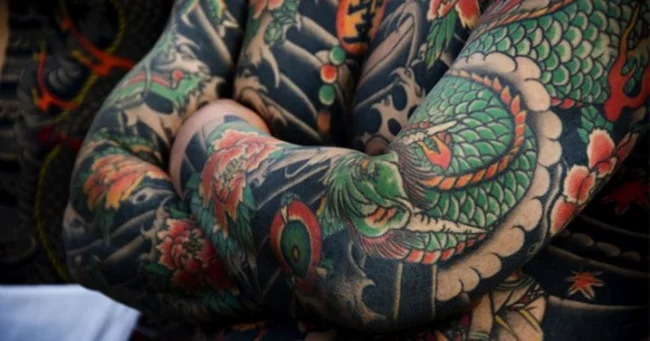
1. Cat 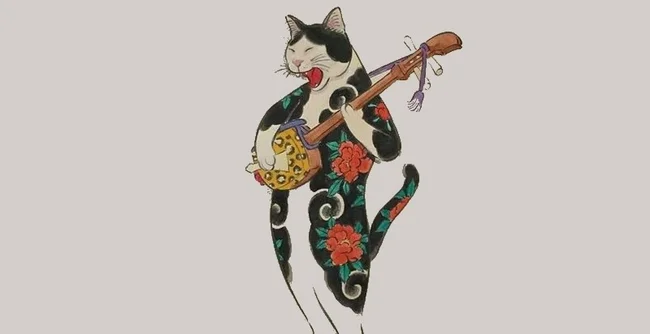
As fans of this culture probably know, cats occupy one of the central places in Japanese mythology and often act as positive heroes. So, in the form of a tattoo, a cat brings good luck and promises wealth to the owner.
2. Dragon 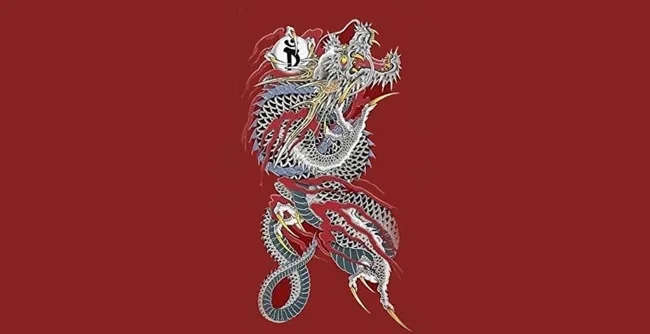
In Japan, dragons are considered protectors of humanity, and in tattoos these magical creatures represent courage, clarity and endurance. Interestingly, the meaning of the tattoo changes depending on the color of the dragon - for example, green dragons indicate the wearer’s connection with nature, and gold ones symbolize morality and virtue.
3. Phoenix 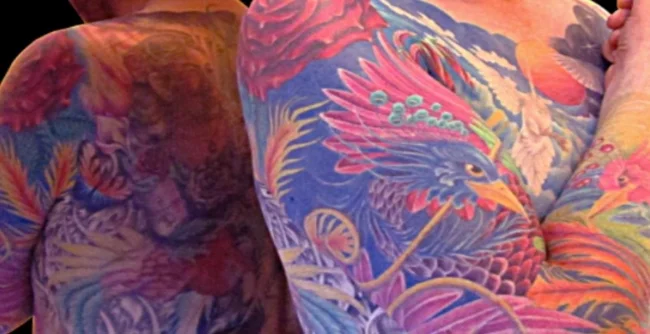
The Phoenix tattoo often symbolizes death and subsequent rebirth and is one of the most famous Yakuza tattoos. The Japanese phoenix Hou-ou is a mythical creature of fire, justice and strength. Images of the magical bird were also often used to decorate houses, and the people who lived in them were considered honest and loyal.
4. Snake 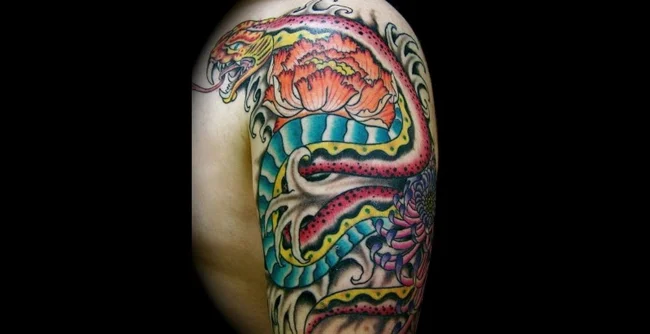
The snake tattoo has several meanings in Japan. Firstly, it is a symbol of renewed strength and health. Secondly, in Japanese myths, snakes are closely associated with knowledge, predictions and the powers of the cosmos. Thirdly, they also symbolize the spiritual qualities of a woman and can serve as a kind of amulet to avoid illness and misfortune.
5. Samurai 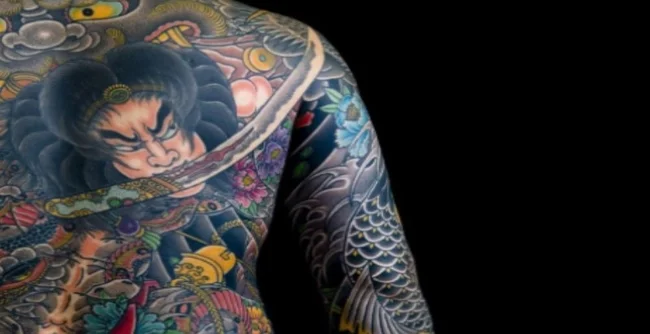
Samurai literally means "warrior", and is a warrior who strictly follows the code of bushido. The Code primarily honors loyalty, justice and courage. It is these qualities that such tattoos symbolize.
6. Sakura 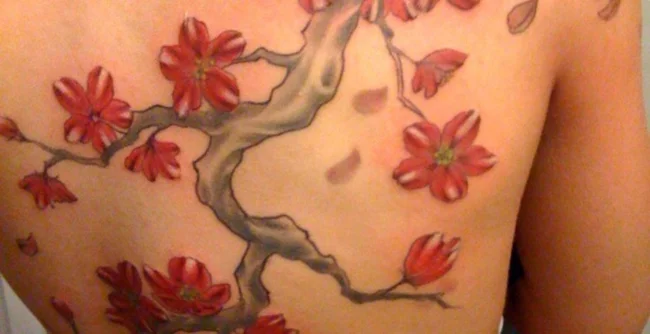
Sakura has deep meaning in Japanese culture. Its ephemeral nature and short lifespan symbolize life itself, which, in the eyes of the Japanese, is just a blade of grass in a fast-churning river. Sakura tattoos suggest that although life is short, it is still full of beauty and color.
7. Oni mask 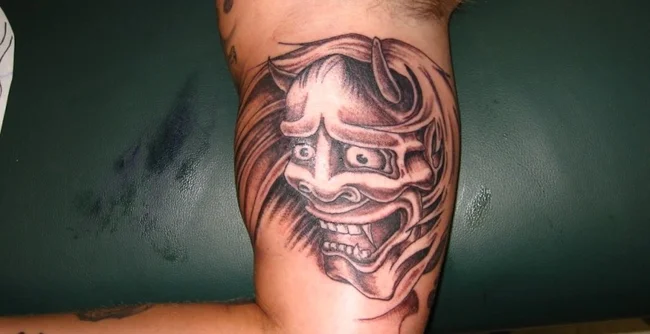
They are demons from Japanese mythology, creepy and evil ogres with red or blue skin, white hair and fangs. They wield large clubs with spikes that can change at will, and with their help they inflict disease, madness and death. Oni mask tattoos perform a protective function and also encourage the owner to control himself and his behavior.
8. Demon 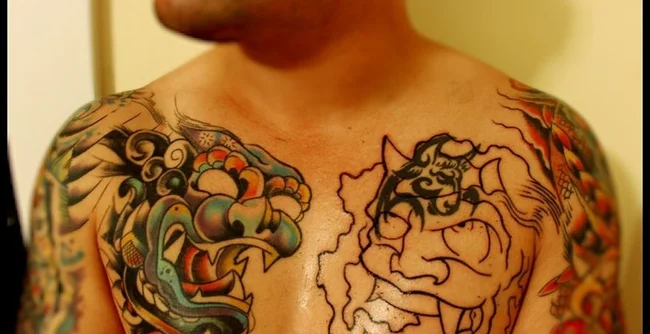
Besides oni, there are other demons in Japanese mythology. Most often, tattoos with them symbolize the balance between good and evil and remind the owner that his misdeeds will not go unpunished.
9. Crane 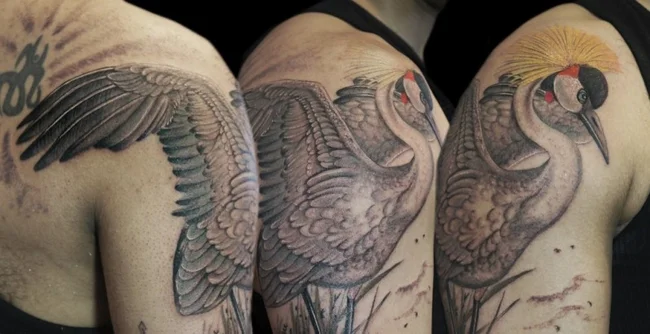
The crane is an extremely important symbol in Japanese culture. The bird itself is deeply respected by the Japanese and appears in many legends. The crane brings good luck, longevity and wisdom, and a crane tattoo most often symbolizes peace and hope.
10. Geisha 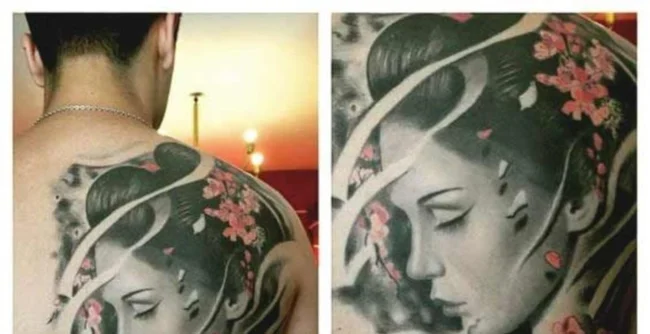
Geisha are often associated with attractiveness, femininity and grace. And a geisha tattoo - interestingly, on both female and male bodies - symbolizes perfection, respect and incredible beauty.
11. Peonies 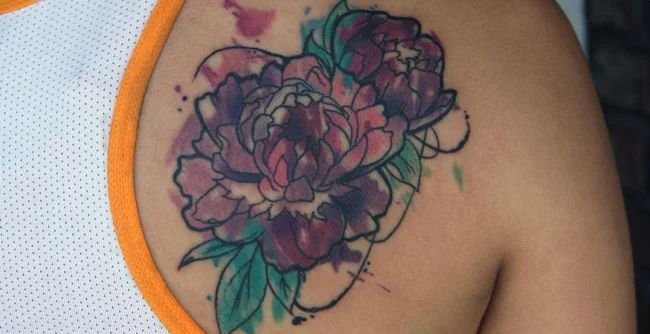
The peony flower is a strong and elegant tattoo design. Peonies represent abundance, dignity and satisfaction. However, the peony is also considered the King of Flowers in Japan and can therefore symbolize more "masculine" and carefree behavior, although due to its physical beauty it is often identified with feminine grace.
12. Other flowers 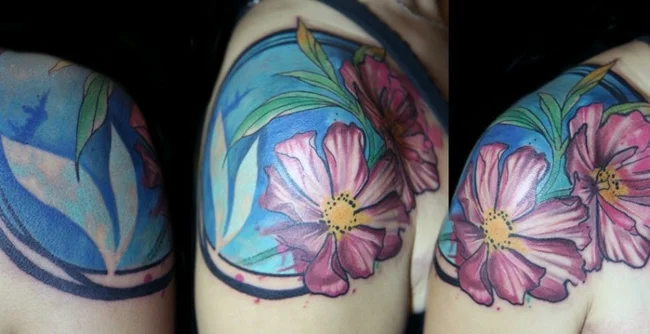
In Japan, flower tattoos often symbolize the imperial family. The image of a flower with scattered petals is believed to bring good luck in life. The core of the flower represents the social status of the emperor, who is at the center of everything. In irezumi (Japanese tattoos), flowers are often combined with other objects. In such compositions, chrysanthemums are usually depicted next to dragons.
13. Momiji (maple) 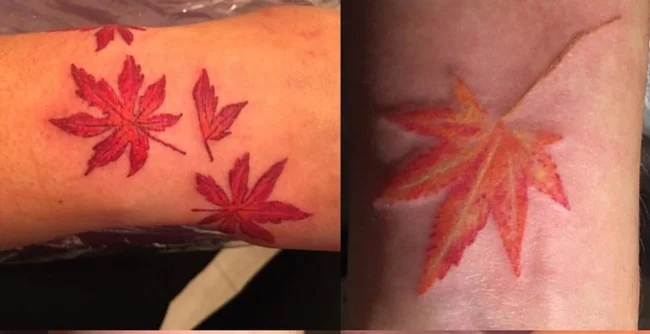
These tattoos have many meanings, but most often they are associated with the meaning of life and the passage of time. Typically, these tattoos represent leaves caught in fast currents or drifting in water, symbolizing people stuck in time. The seasonally changing leaves also symbolize the sequence of the life cycle.
14. Lotus 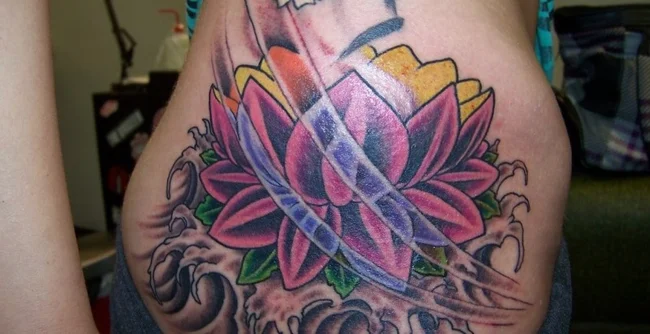
The lotus is closely associated with Buddhist teachings. In Japan, this flower signifies that life is striving to reach its full potential. A blooming lotus tattoo symbolizes spiritual resurrection and a metaphorical journey through the mud of life to the next stage.
15. Sun 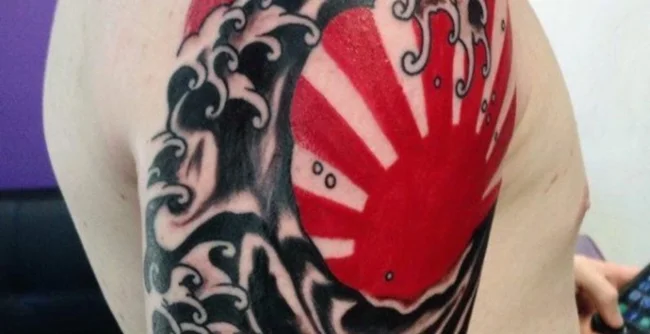
The rising sun of Japan is always a bright red design, symbolizing divinity, courage and life. For some, it is simply a symbol of the country, since the sun is depicted on the Japanese flag.
16. Skull 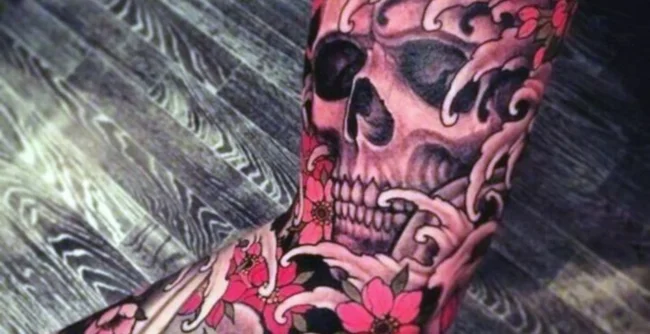
In Japanese tattoos, skulls express a positive idea of the natural cycle of life. In addition, skulls traditionally symbolize insight, since with death a person achieves higher knowledge.
17. Koi carp 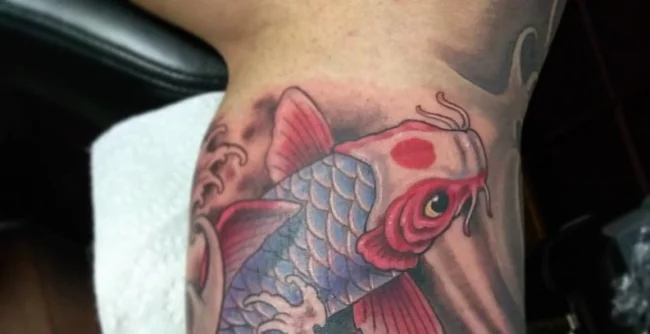
In Japanese legends, koi can cross waterfalls and move against strong currents. Similarly, in tattoos, koi serves as a symbol of determination and is usually used to indicate that a person has survived difficult events. However, this is about the black koi. In the case of red koi, it is about love, usually strong and energetic - such as the cordial relationship between members of the yakuza brotherhood. Blue koi are considered an exclusively masculine tattoo and symbolize the ability to procreate.
18. Dog Fu 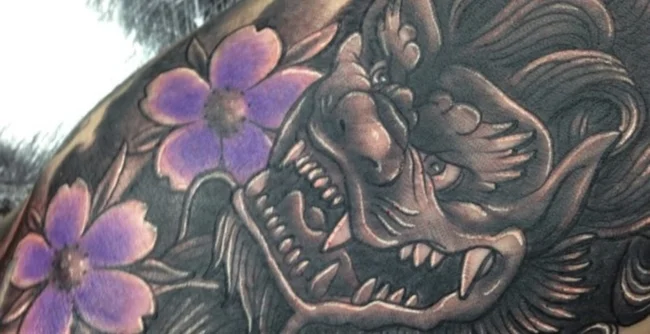
In Japan, the Fu dog, also known as the Heavenly Lion, is believed to bring wealth, health and prosperity. However, many criminal gangs and other “tough guys” stuff it as a talisman, as well as for intimidation.
0 comments
